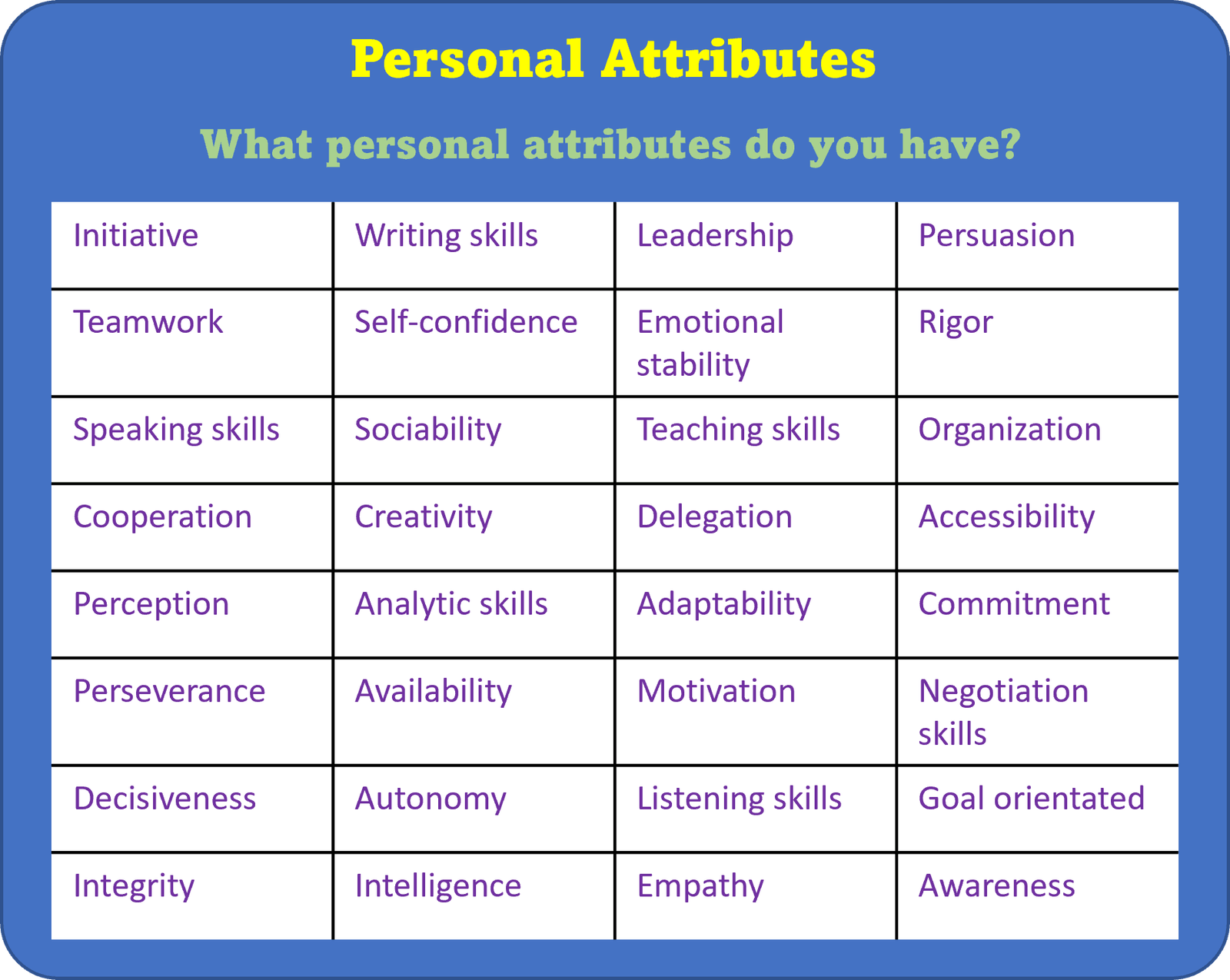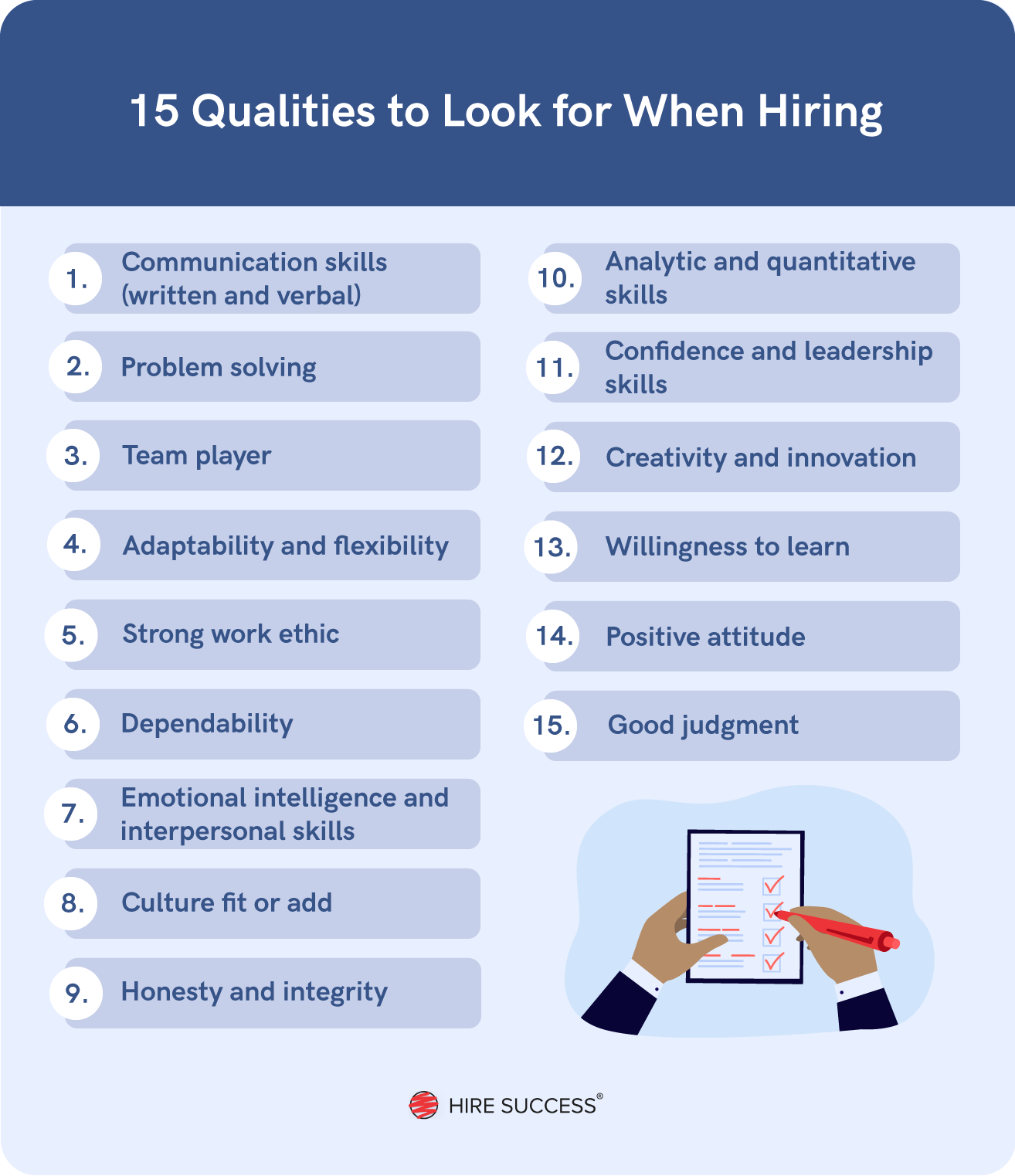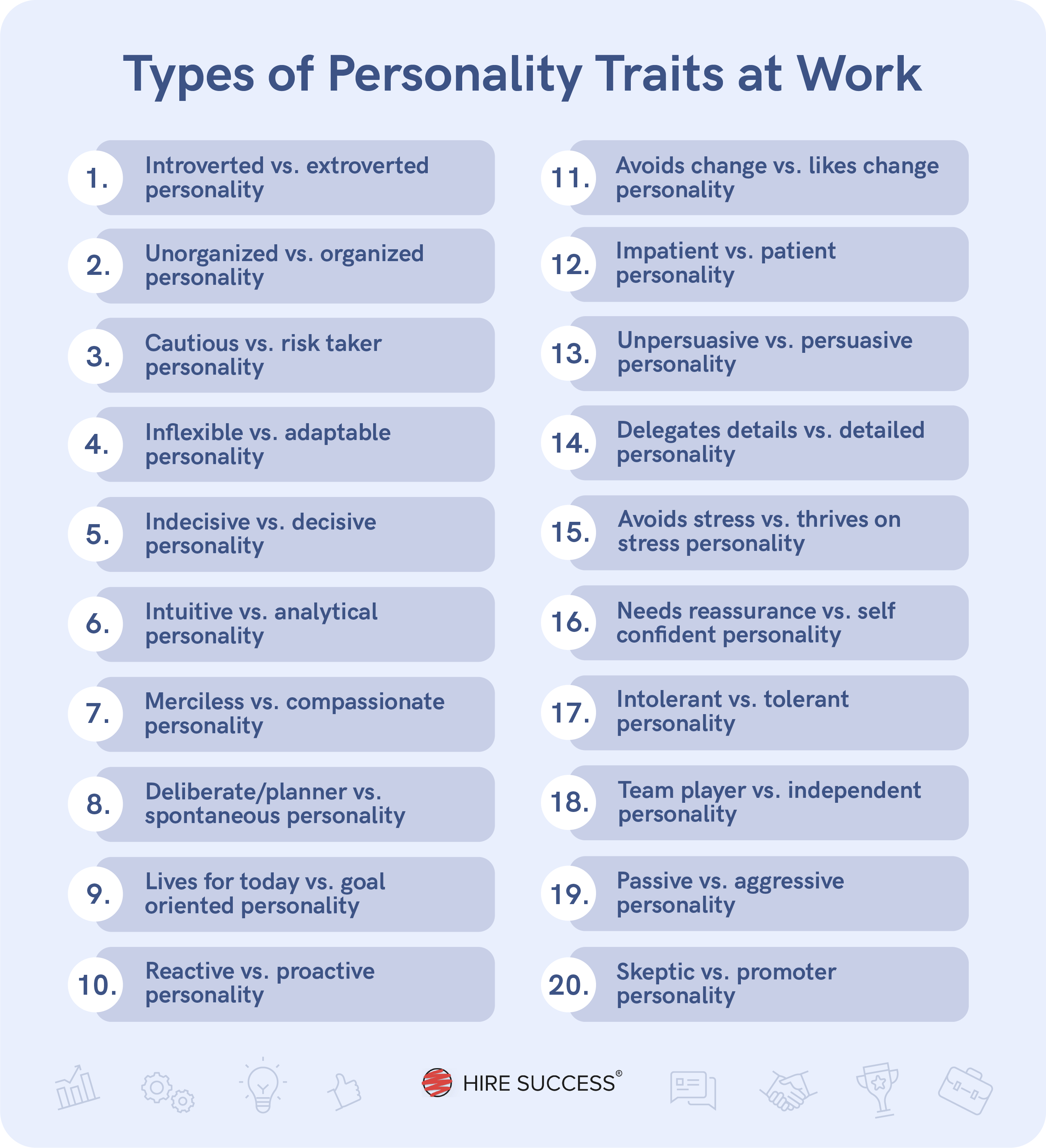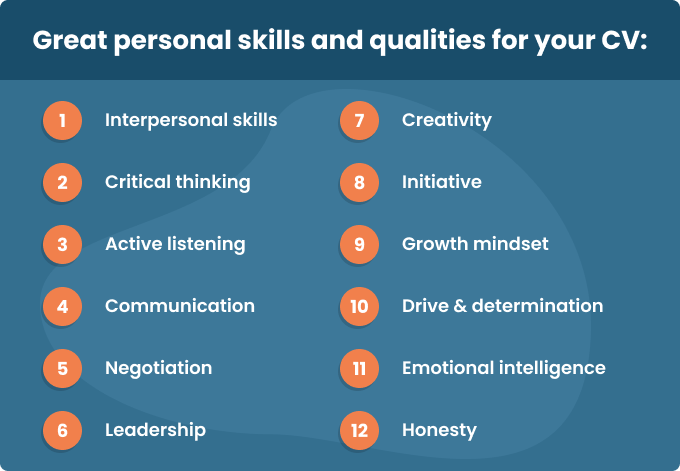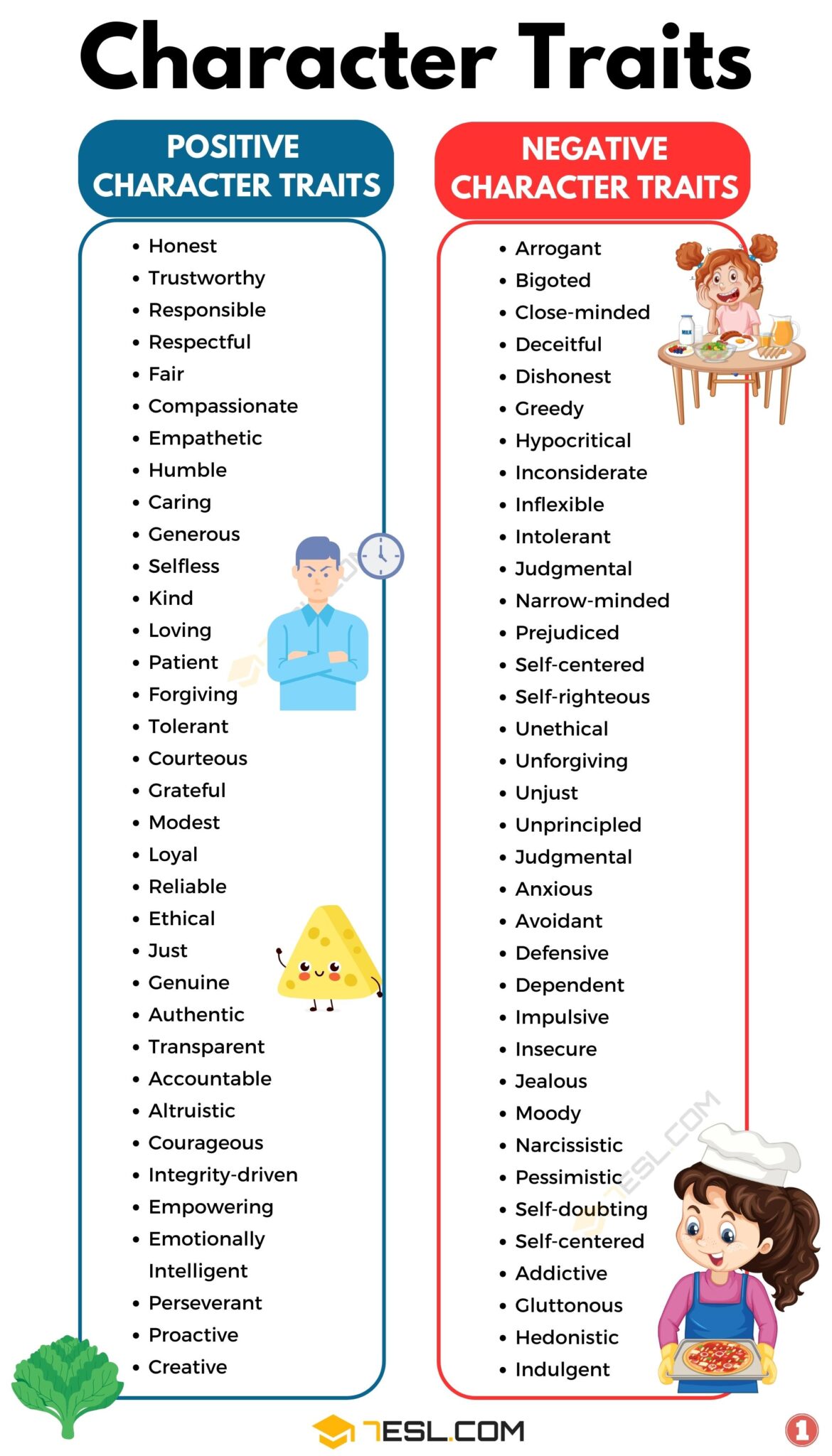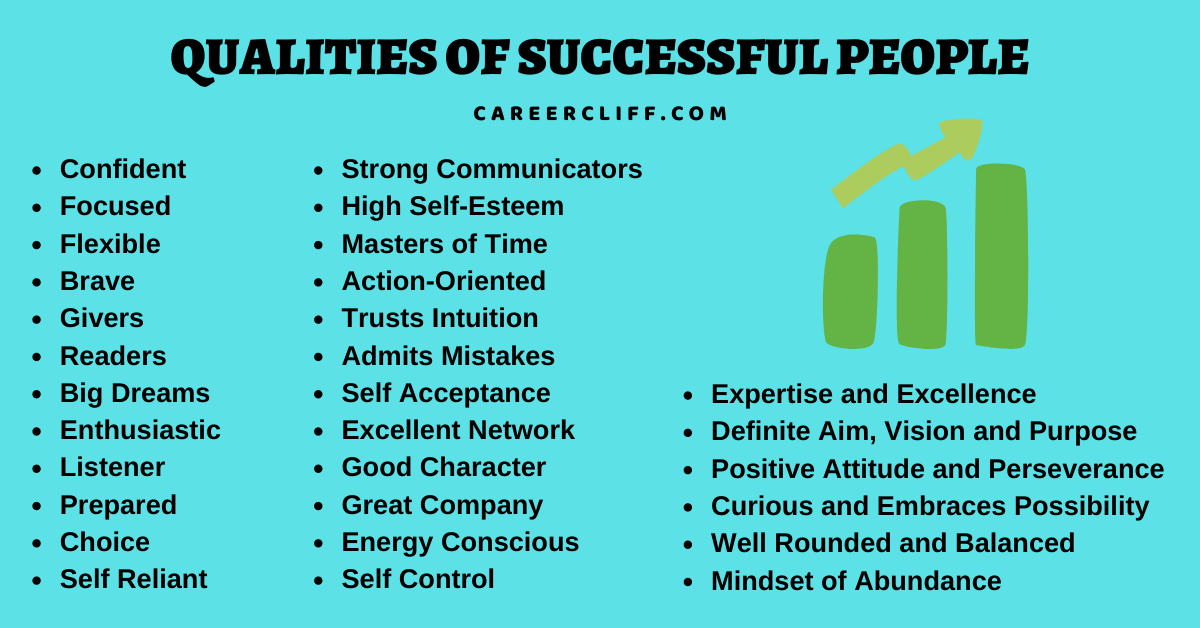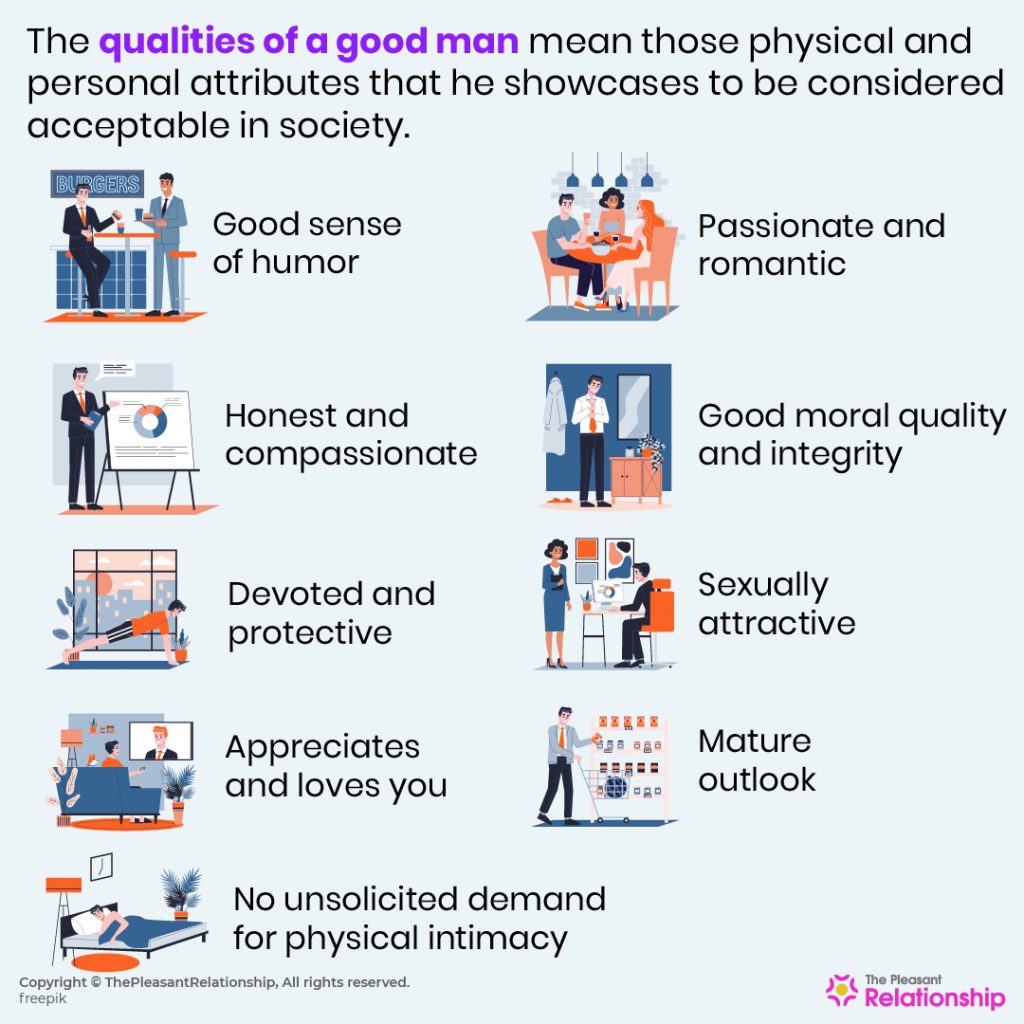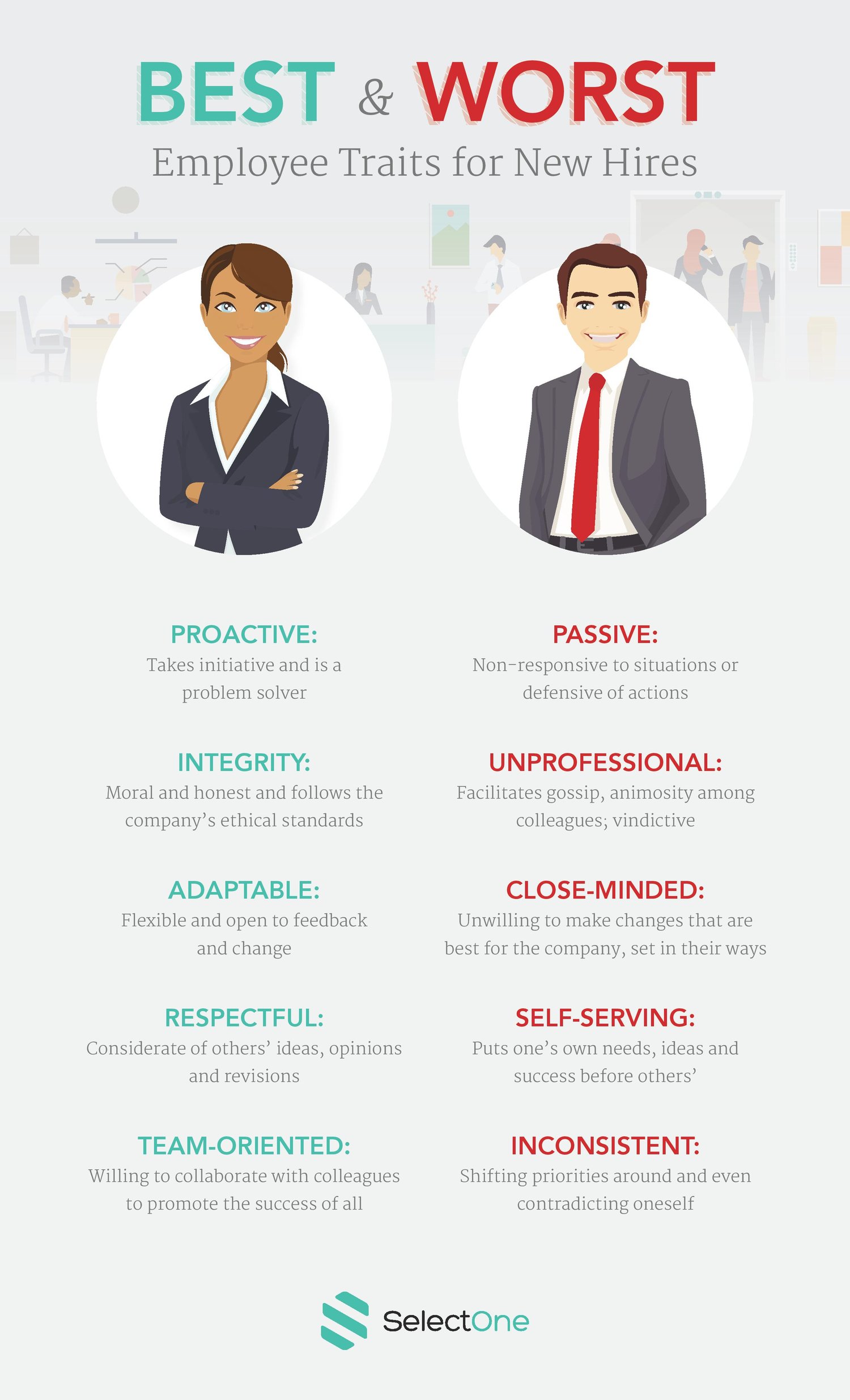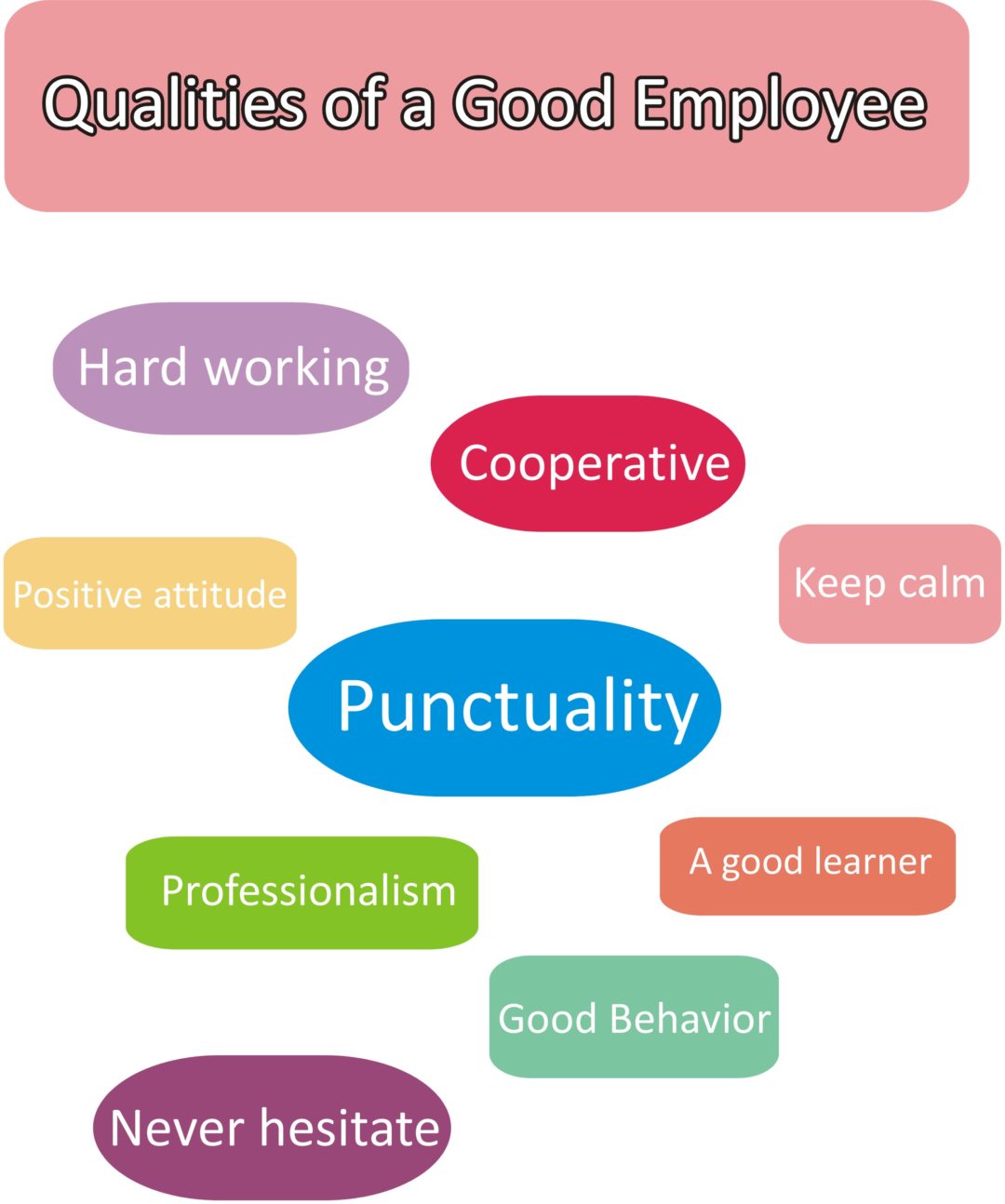Good Characteristics Of A Person For A Job

The modern job market is fiercely competitive. Employers are demanding more than just skills and qualifications; they're seeking individuals with specific character traits that ensure success and contribute positively to the workplace.
This article will present key characteristics sought by employers. These traits are essential for navigating the complexities of today's professional landscape.
Adaptability and Flexibility
Adaptability is paramount in a rapidly changing world. Employees must be able to quickly adjust to new technologies, processes, and market demands. This involves a willingness to learn and embrace change, rather than resist it.
Examples in the Workplace
A project manager who can pivot strategies when faced with unexpected roadblocks. A customer service representative who can handle diverse customer personalities and requests. A marketing specialist who stays up-to-date with the latest social media trends and algorithms.
Strong Communication Skills
Effective communication is vital for collaboration and clear understanding. This includes both verbal and written communication, as well as active listening skills. Poor communication can lead to misunderstandings, errors, and decreased productivity.
Verbal and Written Proficiency
The ability to articulate ideas clearly and concisely in meetings and presentations. Writing clear and professional emails, reports, and other documents. Being an attentive and responsive listener, understanding the perspectives of others.
Problem-Solving Abilities
Employers value individuals who can identify, analyze, and solve problems independently and collaboratively. This requires critical thinking, creativity, and a resourceful approach. Problem-solving skills are transferable across various roles and industries.
Approaches to Problem-Solving
Analyzing data to identify root causes. Brainstorming innovative solutions. Implementing and evaluating the effectiveness of solutions.
Teamwork and Collaboration
Most jobs require working effectively with others to achieve common goals. Teamwork involves cooperation, mutual respect, and a willingness to share knowledge and responsibilities. A positive team dynamic fosters innovation and productivity.
Contributions to Team Success
Actively participating in team discussions and projects. Supporting and encouraging team members. Resolving conflicts constructively.
Work Ethic and Responsibility
A strong work ethic encompasses diligence, dedication, and a commitment to producing high-quality work. Responsibility means taking ownership of tasks and being accountable for outcomes. Employers seek individuals who are reliable and trustworthy.
Demonstrating a Strong Work Ethic
Completing tasks on time and to the best of one's ability. Taking initiative and going the extra mile. Maintaining a professional attitude and demeanor.
Emotional Intelligence
Emotional intelligence (EQ) is the ability to understand and manage one's own emotions, as well as recognize and respond to the emotions of others. This involves self-awareness, empathy, and social skills. High EQ can improve communication, teamwork, and leadership abilities.
Key Components of Emotional Intelligence
Being aware of one's own strengths and weaknesses. Showing empathy and understanding towards others. Managing stress and maintaining composure under pressure.
Integrity and Ethics
Integrity refers to adhering to strong moral principles and being honest and trustworthy. Ethical behavior is crucial for maintaining a positive workplace culture and building trust with colleagues and clients. Employers prioritize candidates with a strong sense of ethics.
Ethical Considerations in the Workplace
Maintaining confidentiality. Avoiding conflicts of interest. Treating all individuals with respect and fairness.
These characteristics are not merely desirable, but essential for long-term career success. Focusing on developing these traits will significantly enhance your employability and contribute to a fulfilling professional journey.
